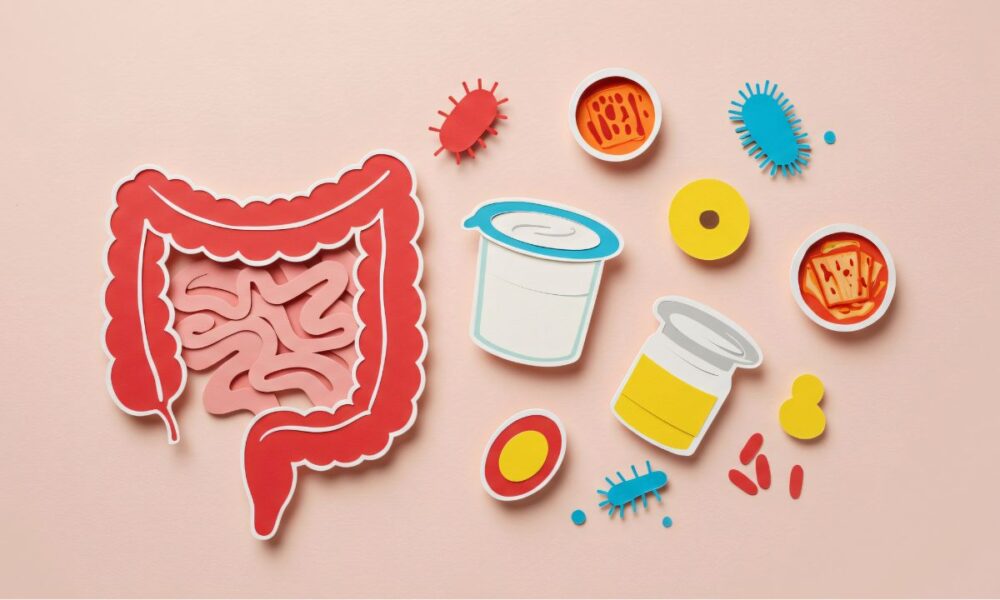The exact source of America’s food allergy epidemic remains a mystery, but some experts wonder whether imbalances in the gut could be to blame.
The Food Allergy Fund (FAF) hosted a forum in Washington, D.C., this week with HHS Secretary Robert F. Kennedy, NIH Director Jay Bhattacharya, and FDA Chief Martin Makary. According to Makary, America’s modern diet could be driving issues in the gut, leading to food allergies that now affect over 32 million people in the country.
Makary, in an interview with Fox News Digital, said when intestinal bacteria, which generally live in balance, are disrupted “by the modern-day diet and by antibiotics and other exposures,” it can cause inflammation, and may be the source of many food allergies.
“Gut health is central to overall health,” said Makary. Certain beneficial microbes may be absent in the typical diet today, contributing to the rise of food intolerances, according to Makary.
A Phase 2 trial from Siolta Therapeutics involving 238 newborns with a family history of allergies found that therapy could cut the risk of developing intolerances by 77%. The preliminary research suggests that improving gut bacteria early in life may help prevent allergies later in life.
FAF founder and CEO Ilana Golant says food intolerance could represent “the canary in the coal mine for a much larger health crisis tied to the microbiome.”
“Solving allergies could reveal how to prevent and treat a range of diseases,” she said.
Around 10% of adults and one in 13 children experience food allergies.
In the United States, a person is treated in the emergency room for a severe reaction every three minutes, with peanut allergies among the most prevalent in the country.
Previous research has found that early introduction of foods containing peanut into a child’s diet could be an effective way of avoiding allergies to the legume. In fact, early exposure was linked to an 80% reduction in developing a peanut allergy.
“When I was a kid, I never met anyone with a peanut allergy,” Kennedy said at the recent conference. “I had 11 siblings and about 71 first cousins, and I didn’t know a single person in my schools or at any of the camps I went to who had one.”


